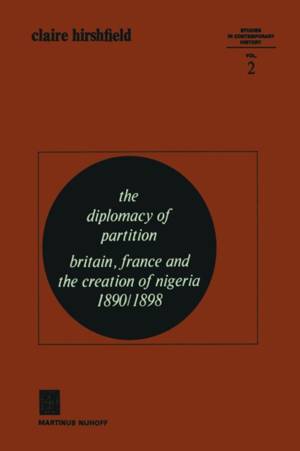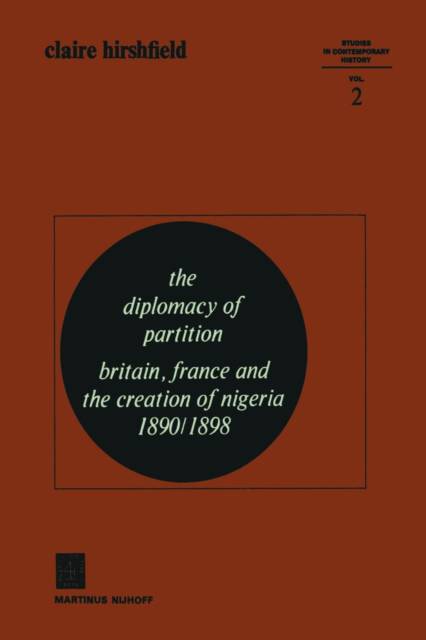
Je cadeautjes zeker op tijd in huis hebben voor de feestdagen? Kom langs in onze winkels en vind het perfecte geschenk!
- Afhalen na 1 uur in een winkel met voorraad
- Gratis thuislevering in België vanaf € 30
- Ruim aanbod met 7 miljoen producten
Je cadeautjes zeker op tijd in huis hebben voor de feestdagen? Kom langs in onze winkels en vind het perfecte geschenk!
- Afhalen na 1 uur in een winkel met voorraad
- Gratis thuislevering in België vanaf € 30
- Ruim aanbod met 7 miljoen producten
Zoeken
€ 167,95
+ 335 punten
Omschrijving
In the spring of the year 1898 the long rivalry of Britain and France in West Africa reached a dangerous climax. The West African crisis was but one aspect of an extensive Anglo-French contest for colonial possessions which characterized the final decade of the nineteenth century. Competi- tion for dominion went on relentlessly in the Nile Valley, along the banks of the Mekong in Southeast Asia, and within the territories of the Niger River Bend. The Upper Nile dispute dwarfed all others; and ultimately the inability of Britain and France to settle this question through diplo- matic negotations was to lead to the confrontation at Fashoda. Simulta- neously, however, a more obscure struggle was in process, namely the contest for possession of the thousand mile stretch of the Middle Niger. Aside from an infrequent flurry of diplomatic activity occasioned by the foray of an English or French officer into the little known realms of the Niger Bend, the protracted struggle for control of the river artery received scant notice. The Foreign Offices in both France and Britain traditionally regarded the region as one of secondary interest and tended to subordinate it to more pressing concerns. Even the eruption of a dan- gerous crisis in West Africa in the spring of 1898 was somewhat over- shadowed by the subsequent incident at Fashoda so that the earlier cli- max appeared mainly a curtain raiser.
Specificaties
Betrokkenen
- Auteur(s):
- Uitgeverij:
Inhoud
- Aantal bladzijden:
- 234
- Taal:
- Engels
- Reeks:
- Reeksnummer:
- nr. 2
Eigenschappen
- Productcode (EAN):
- 9789401503655
- Verschijningsdatum:
- 1/01/1979
- Uitvoering:
- Paperback
- Formaat:
- Trade paperback (VS)
- Afmetingen:
- 156 mm x 234 mm
- Gewicht:
- 344 g

Alleen bij Standaard Boekhandel
+ 335 punten op je klantenkaart van Standaard Boekhandel
Beoordelingen
We publiceren alleen reviews die voldoen aan de voorwaarden voor reviews. Bekijk onze voorwaarden voor reviews.









